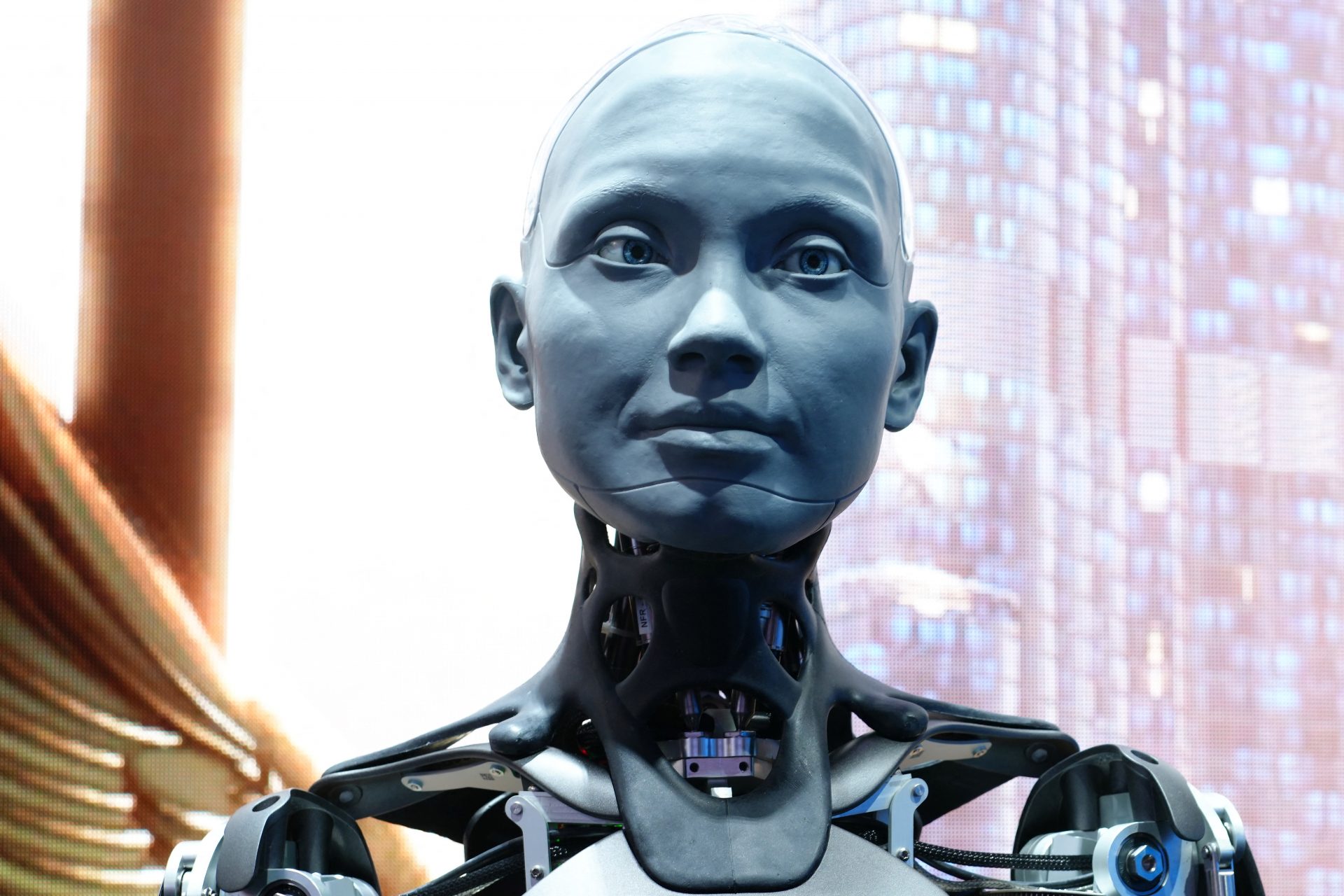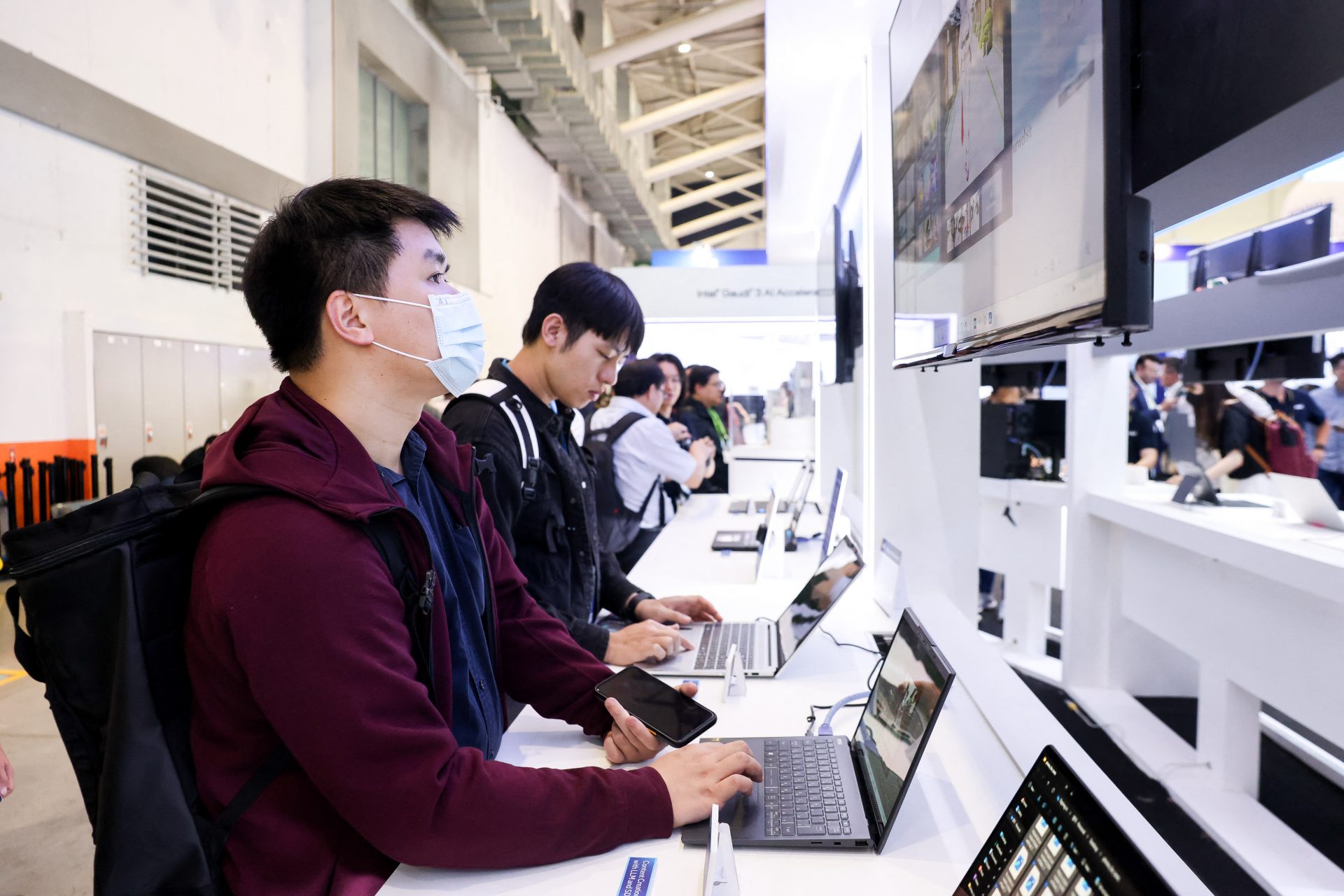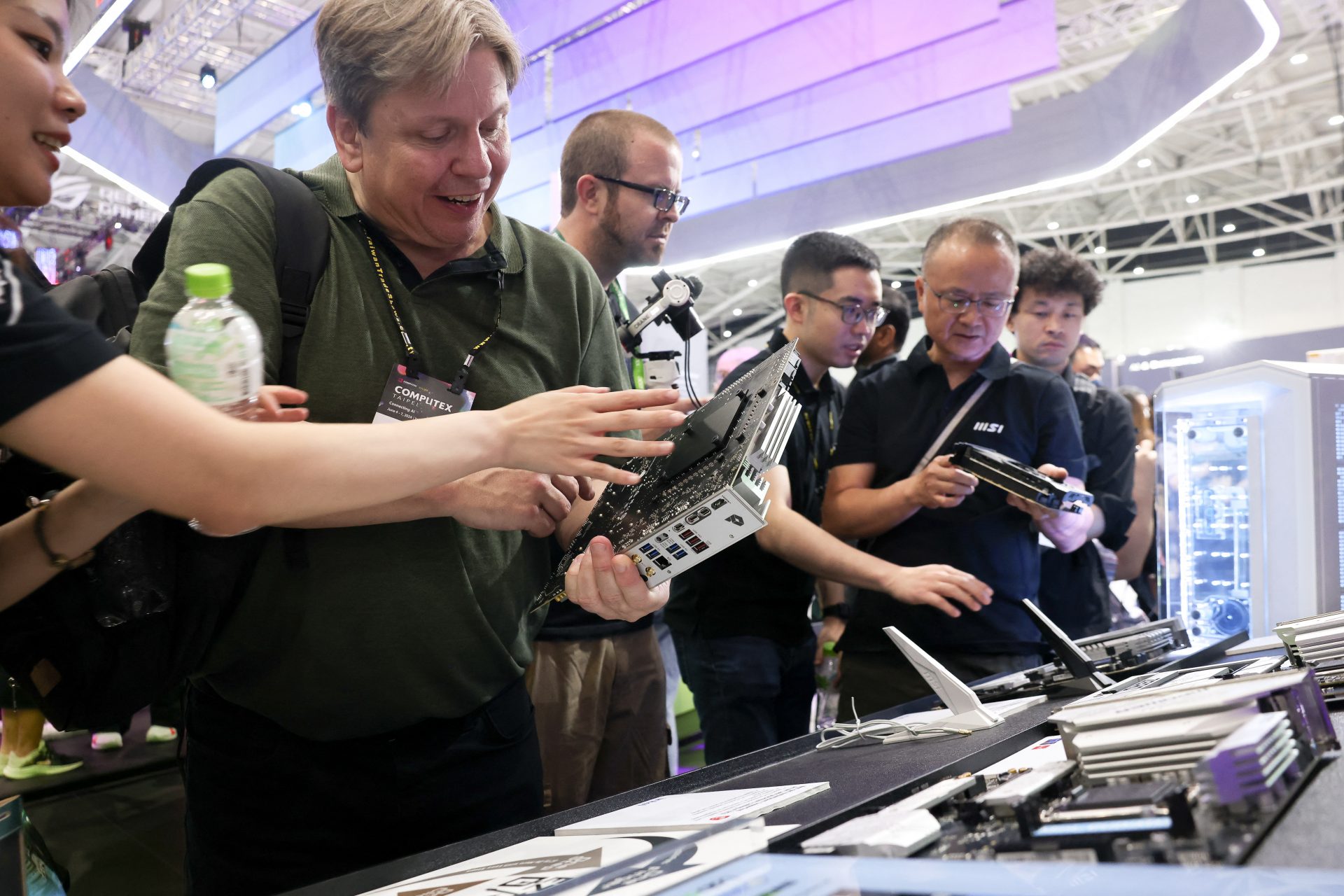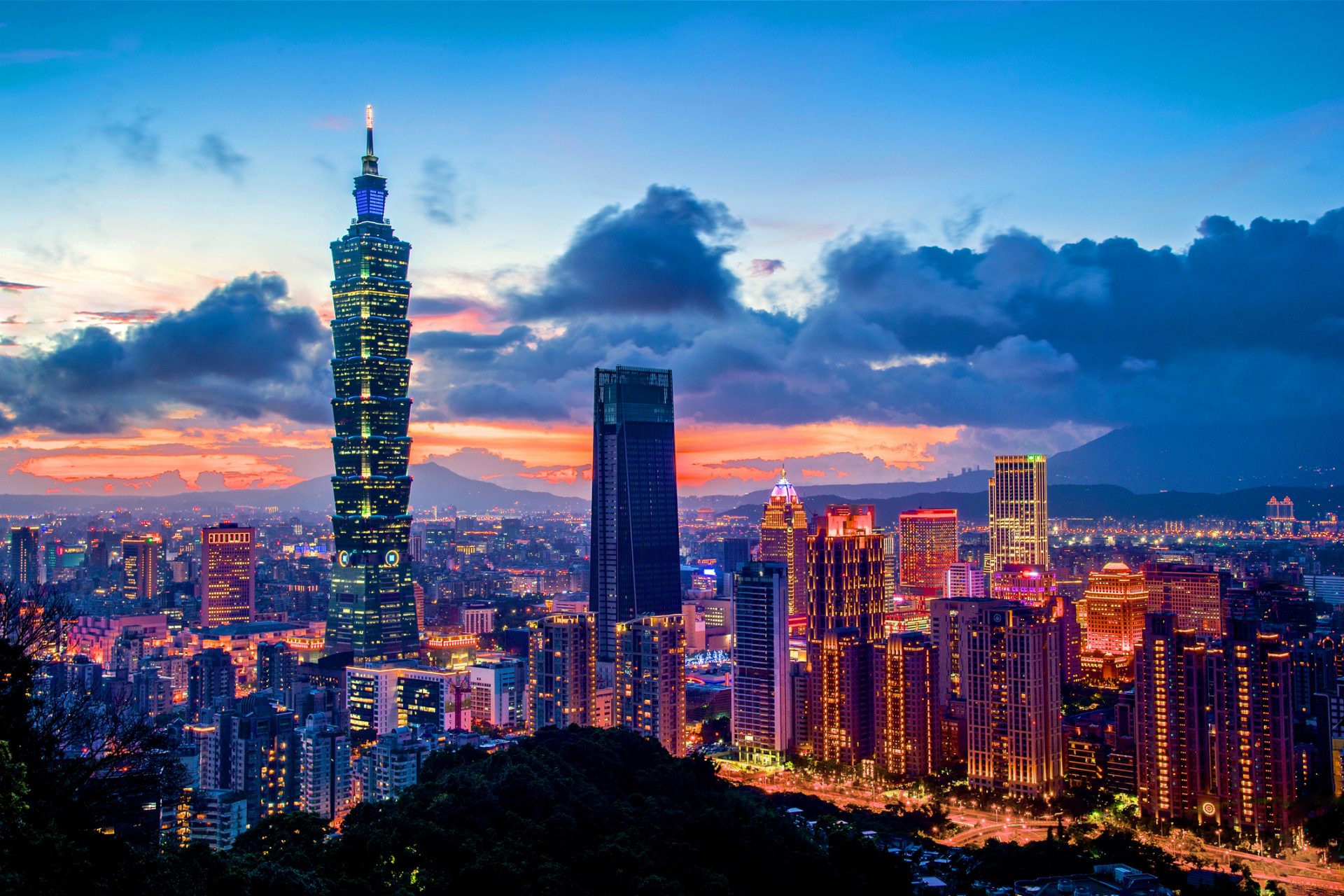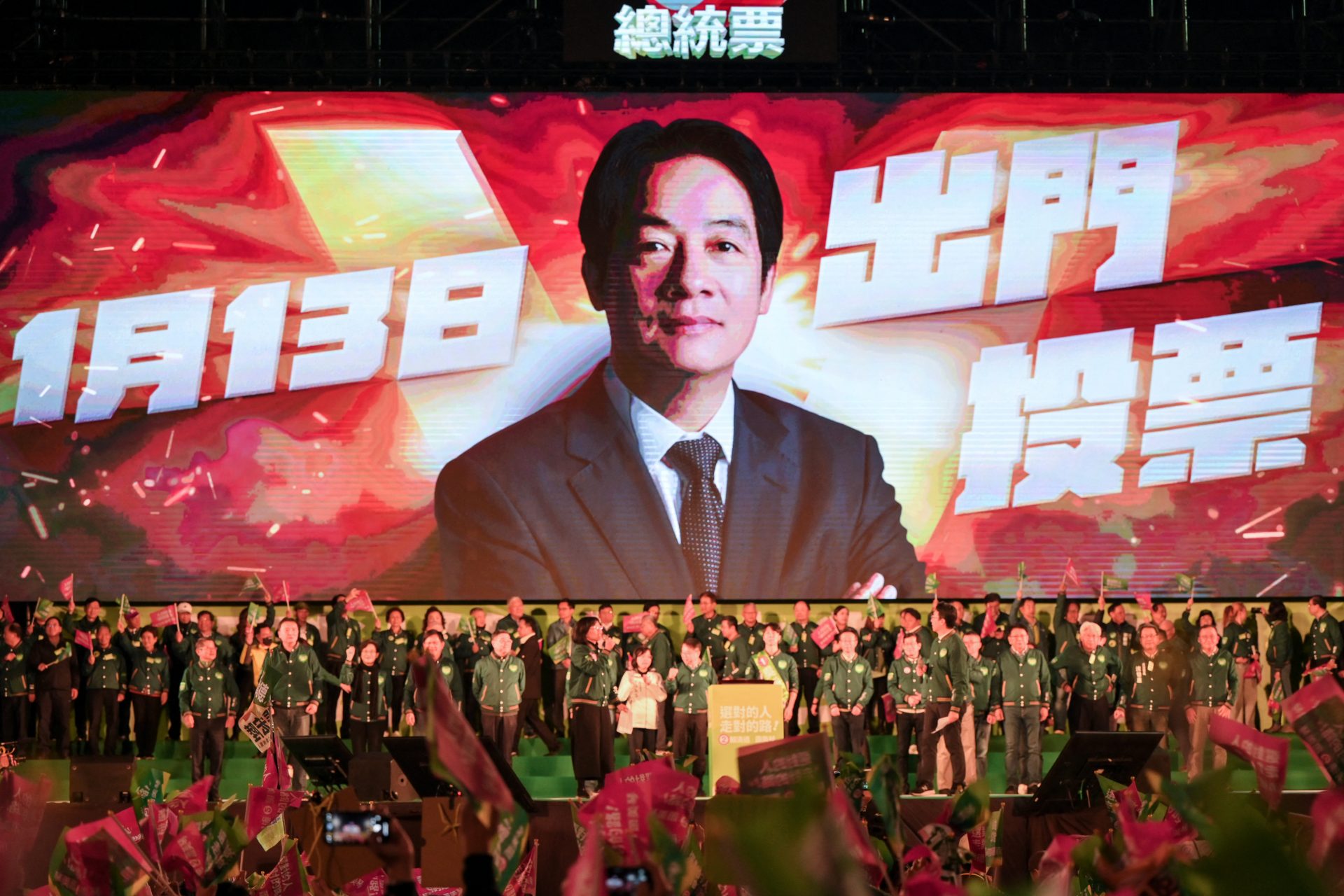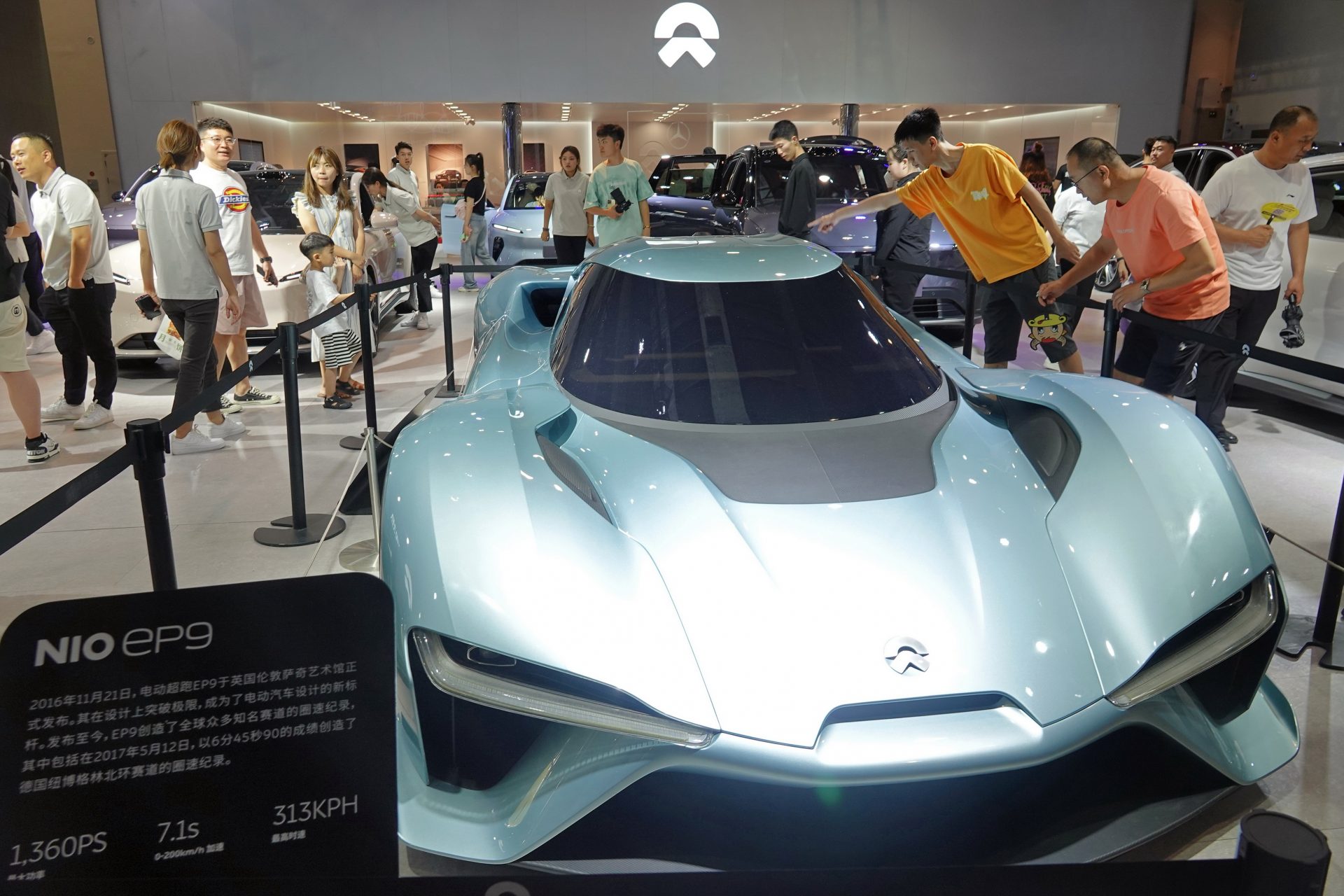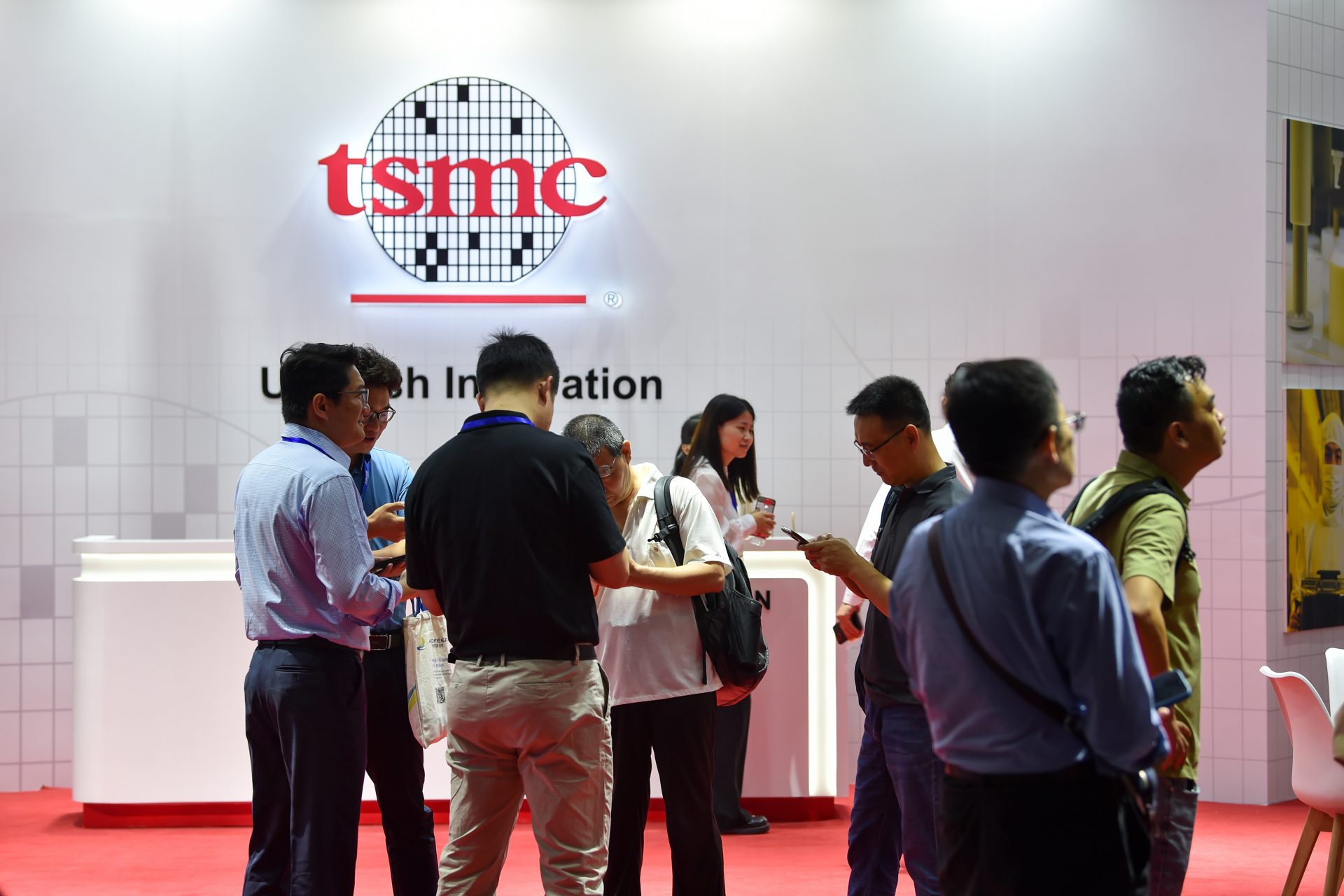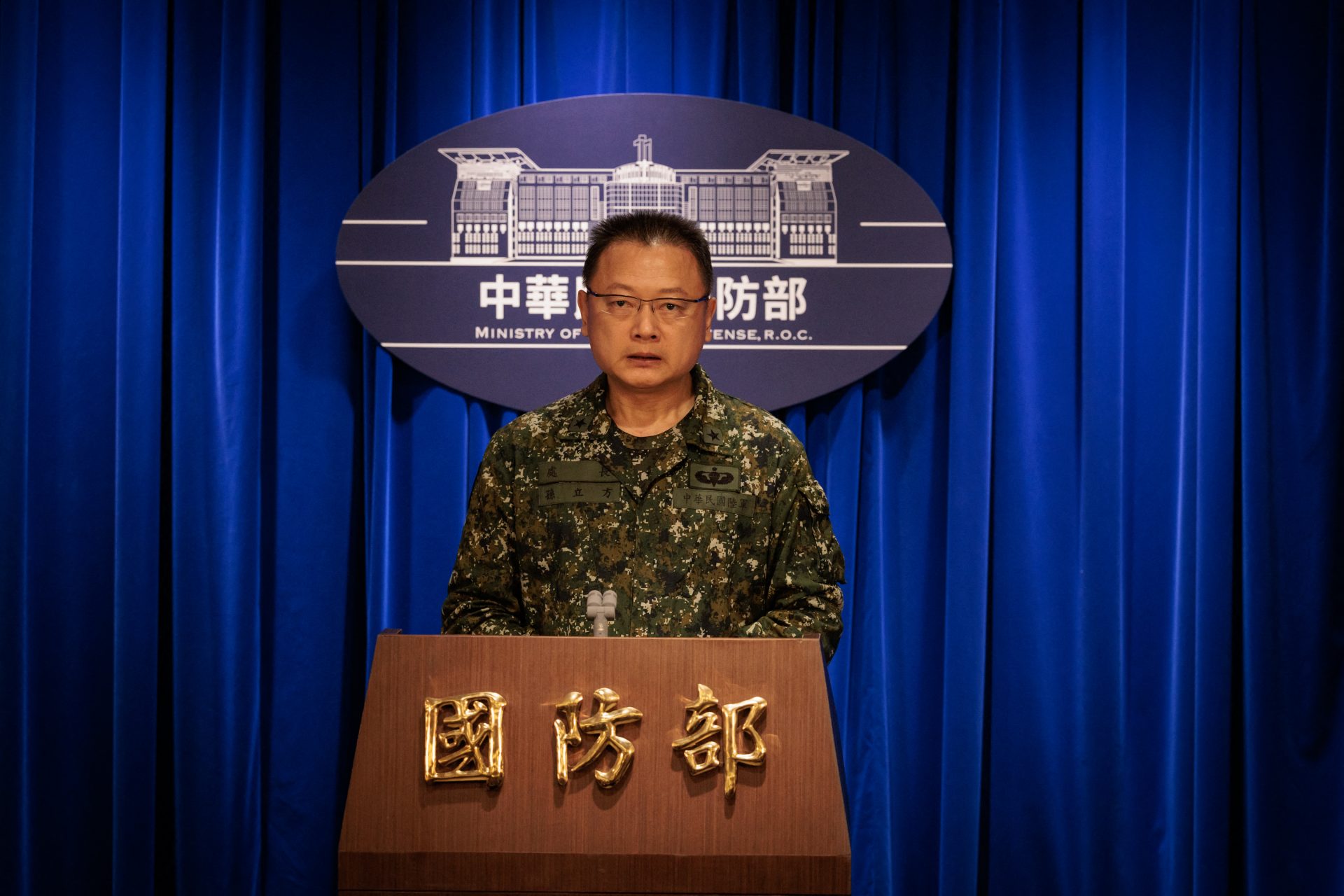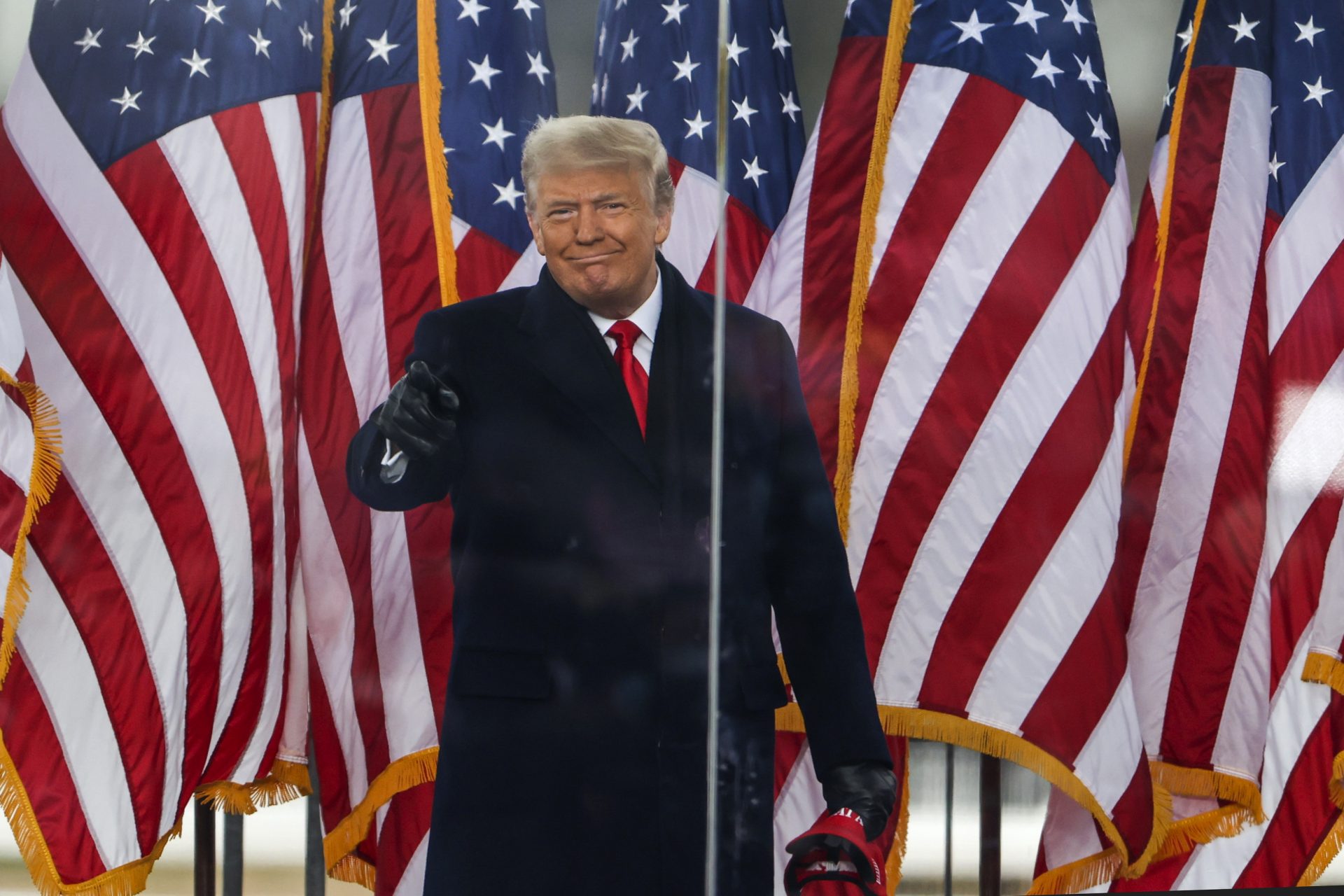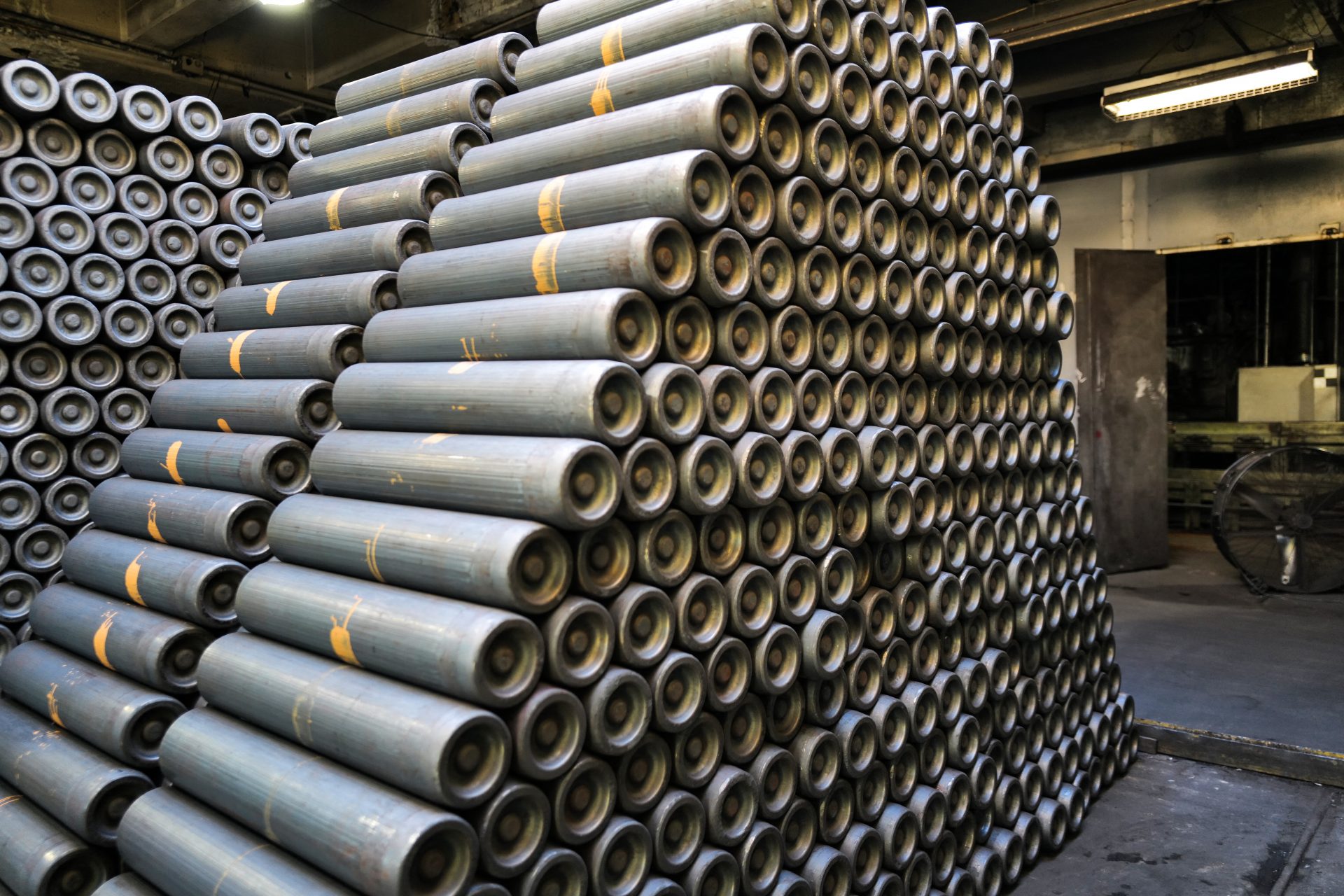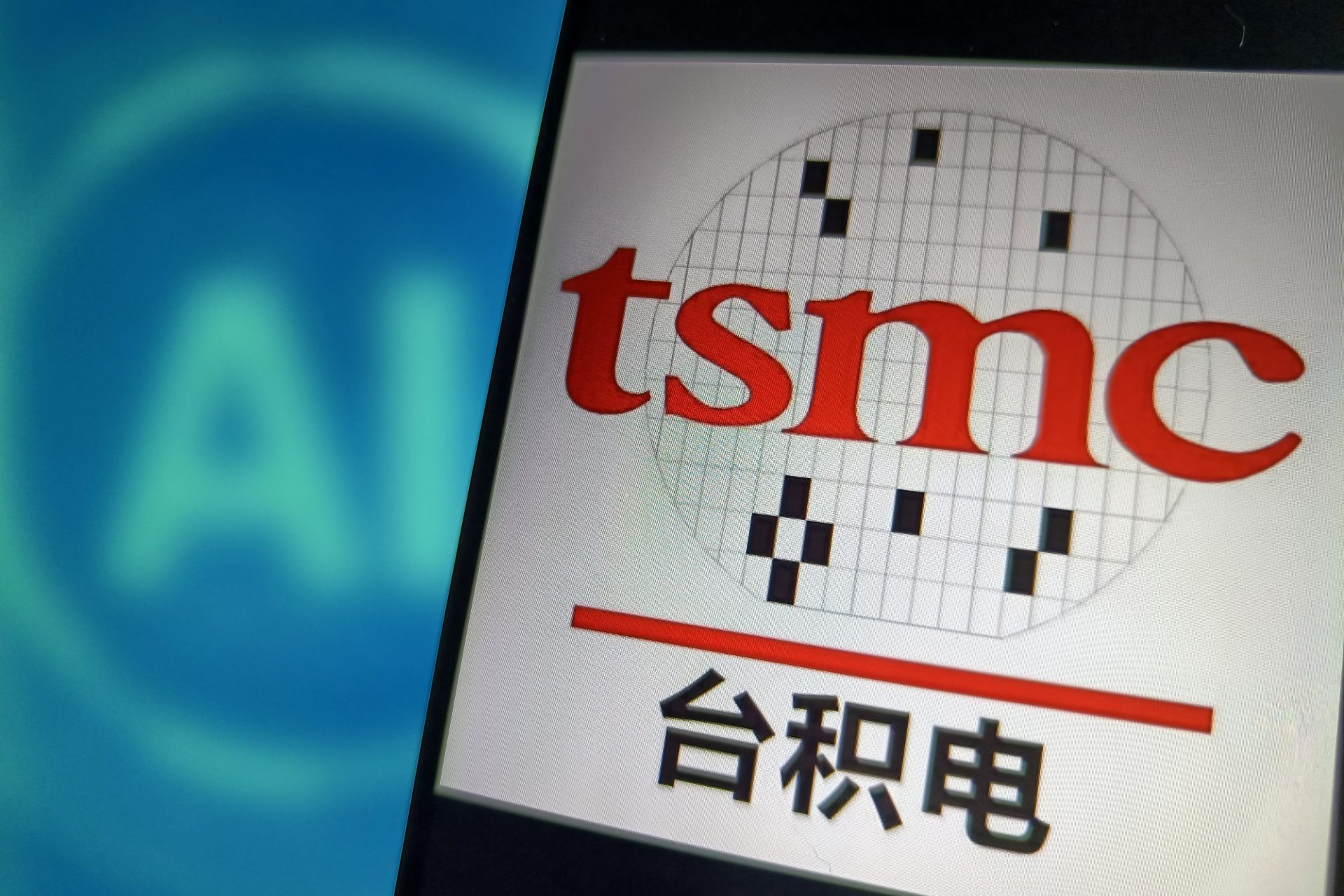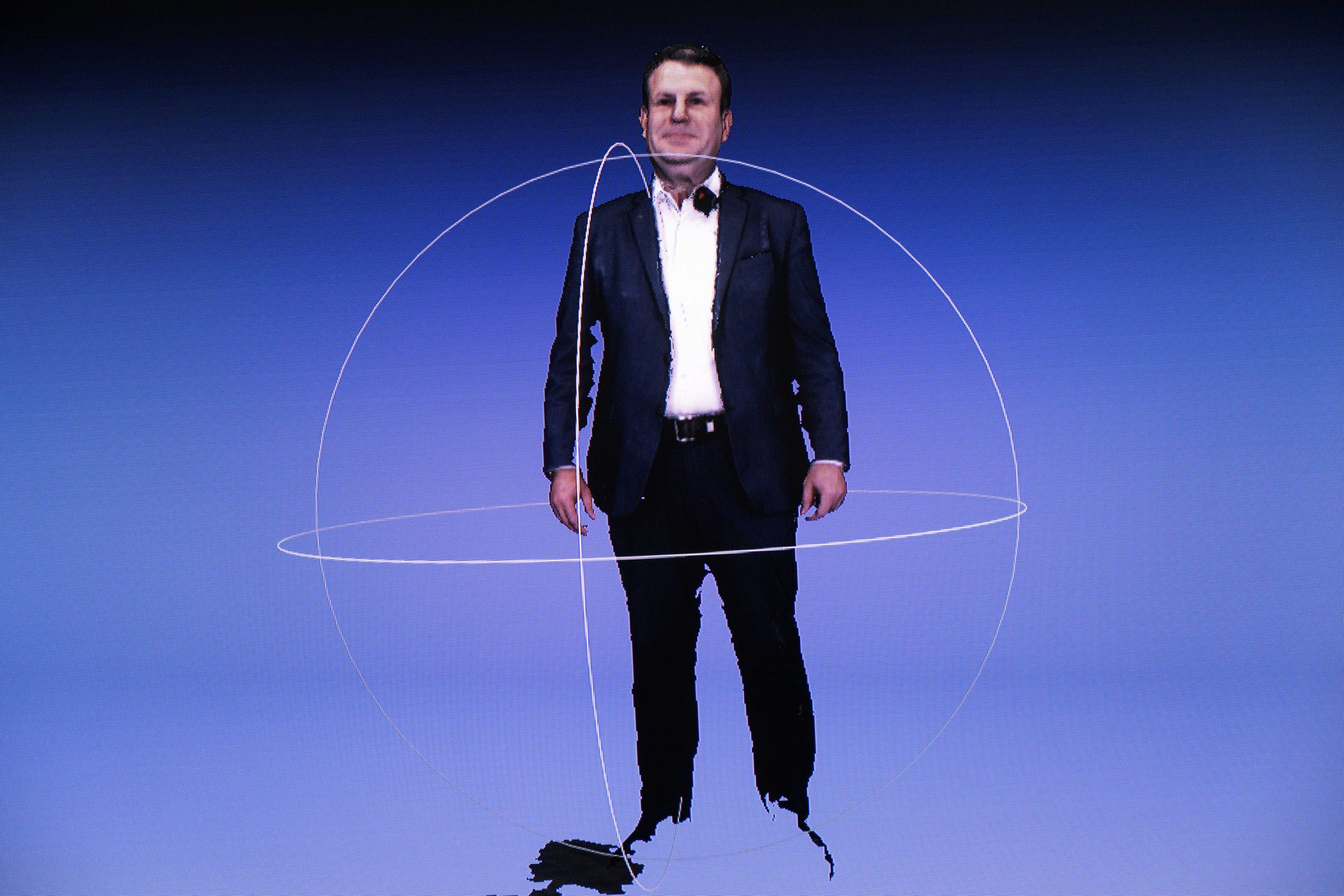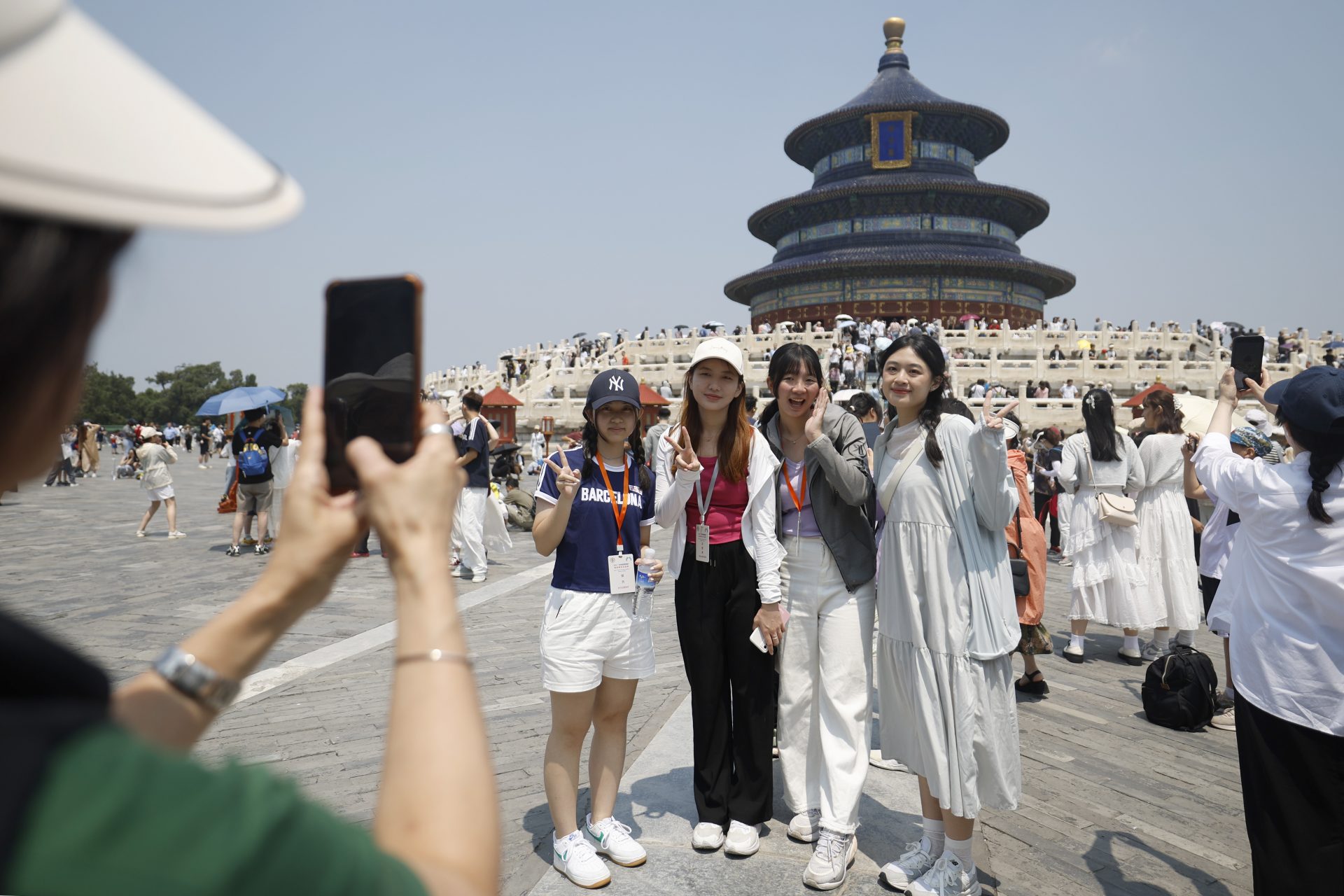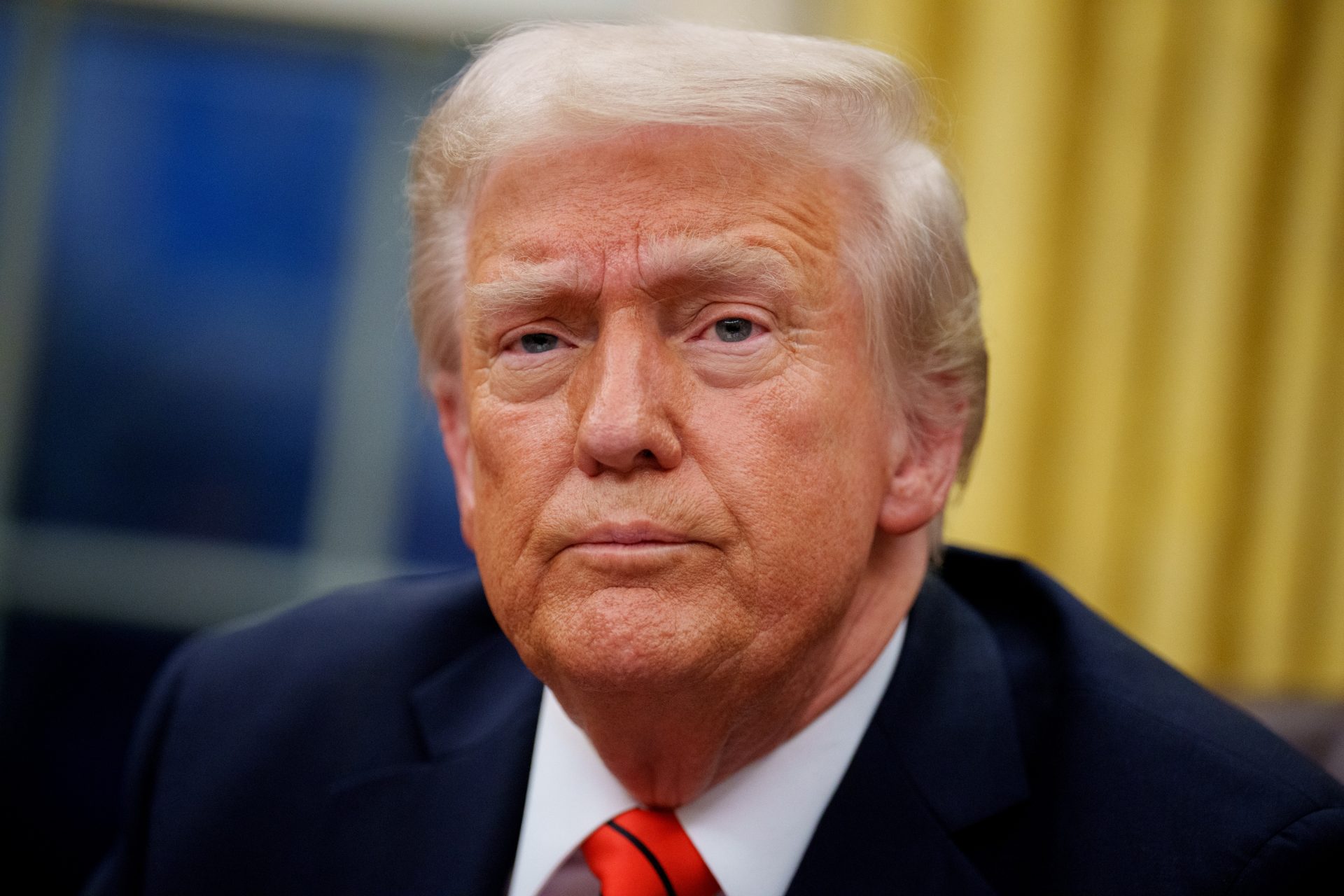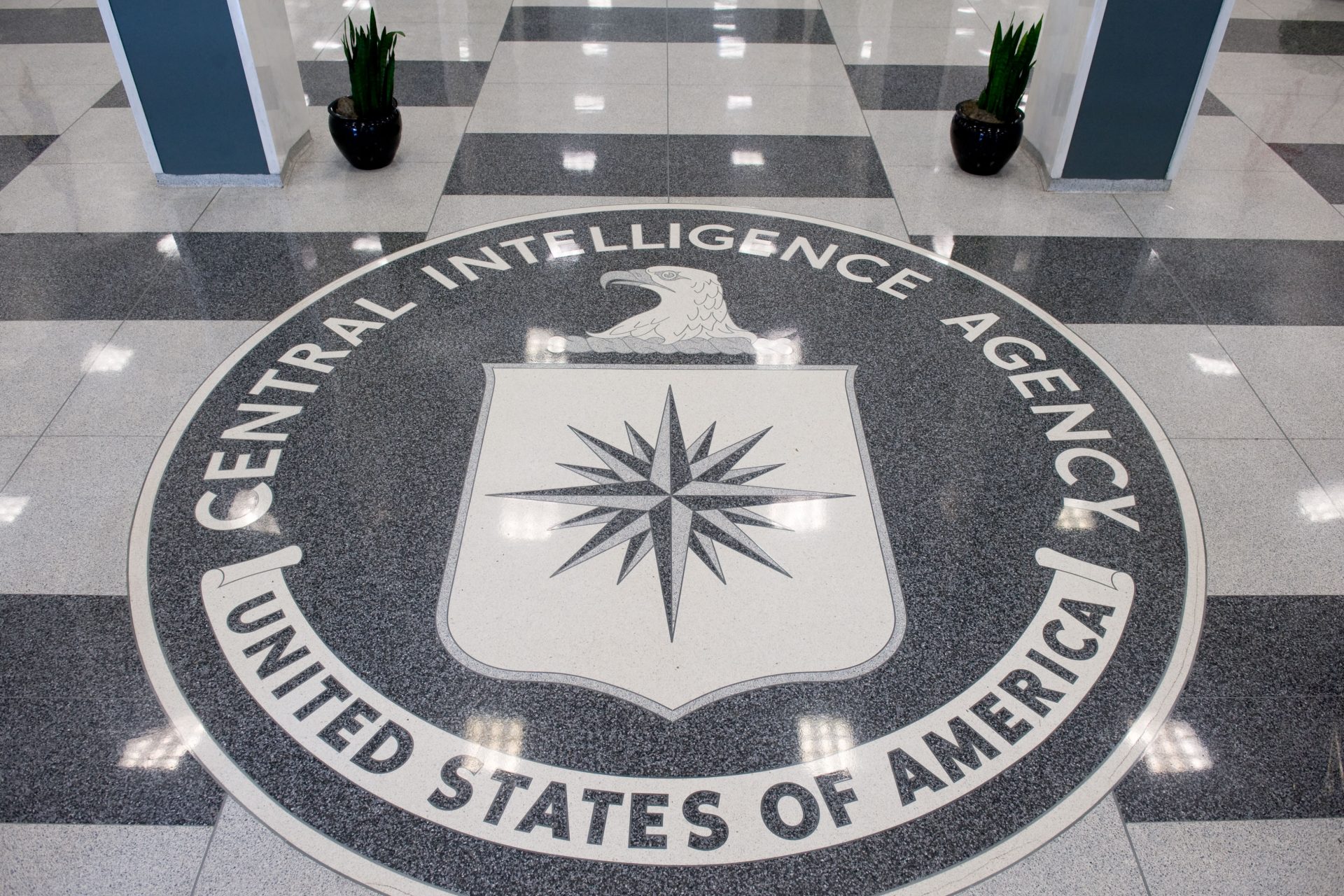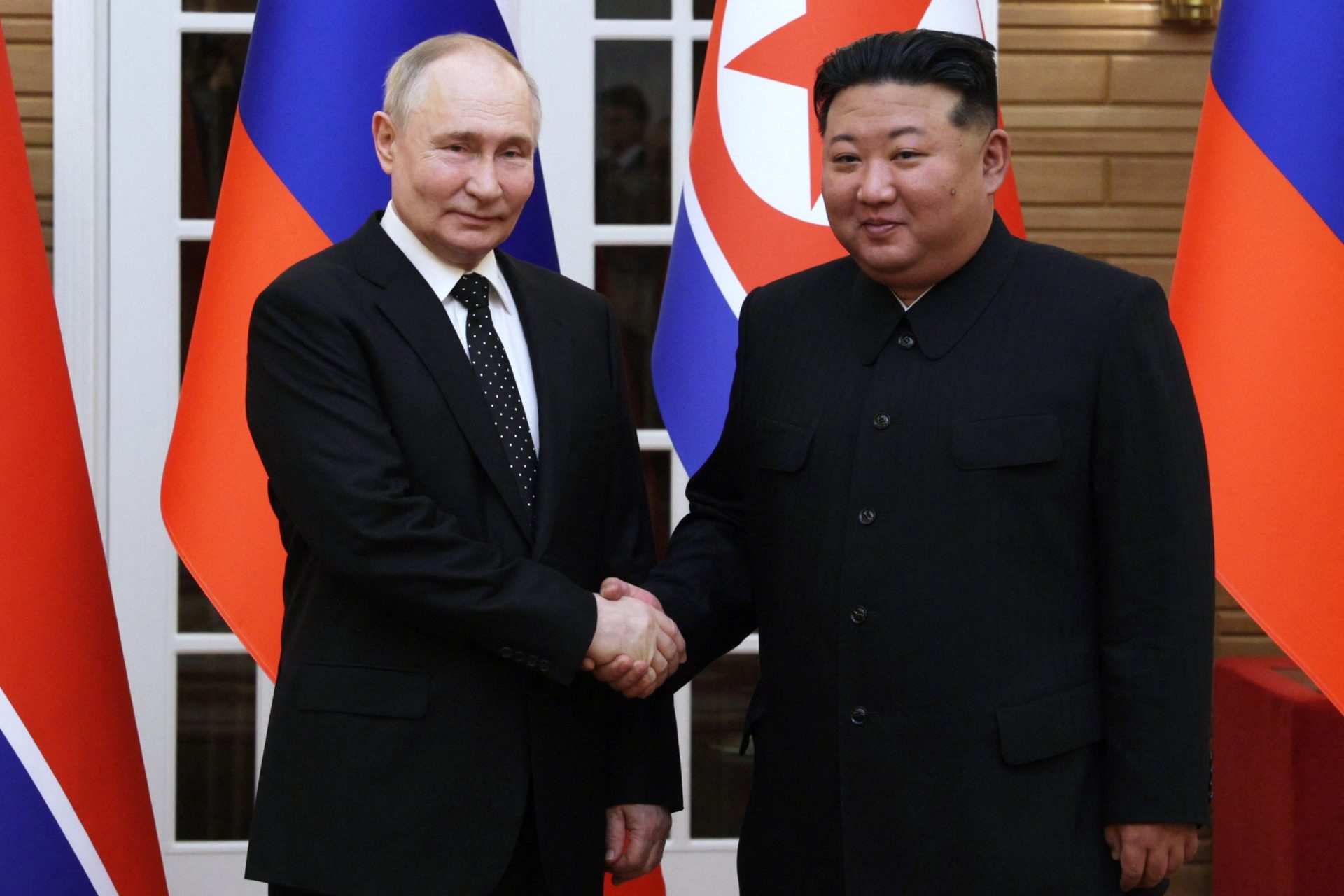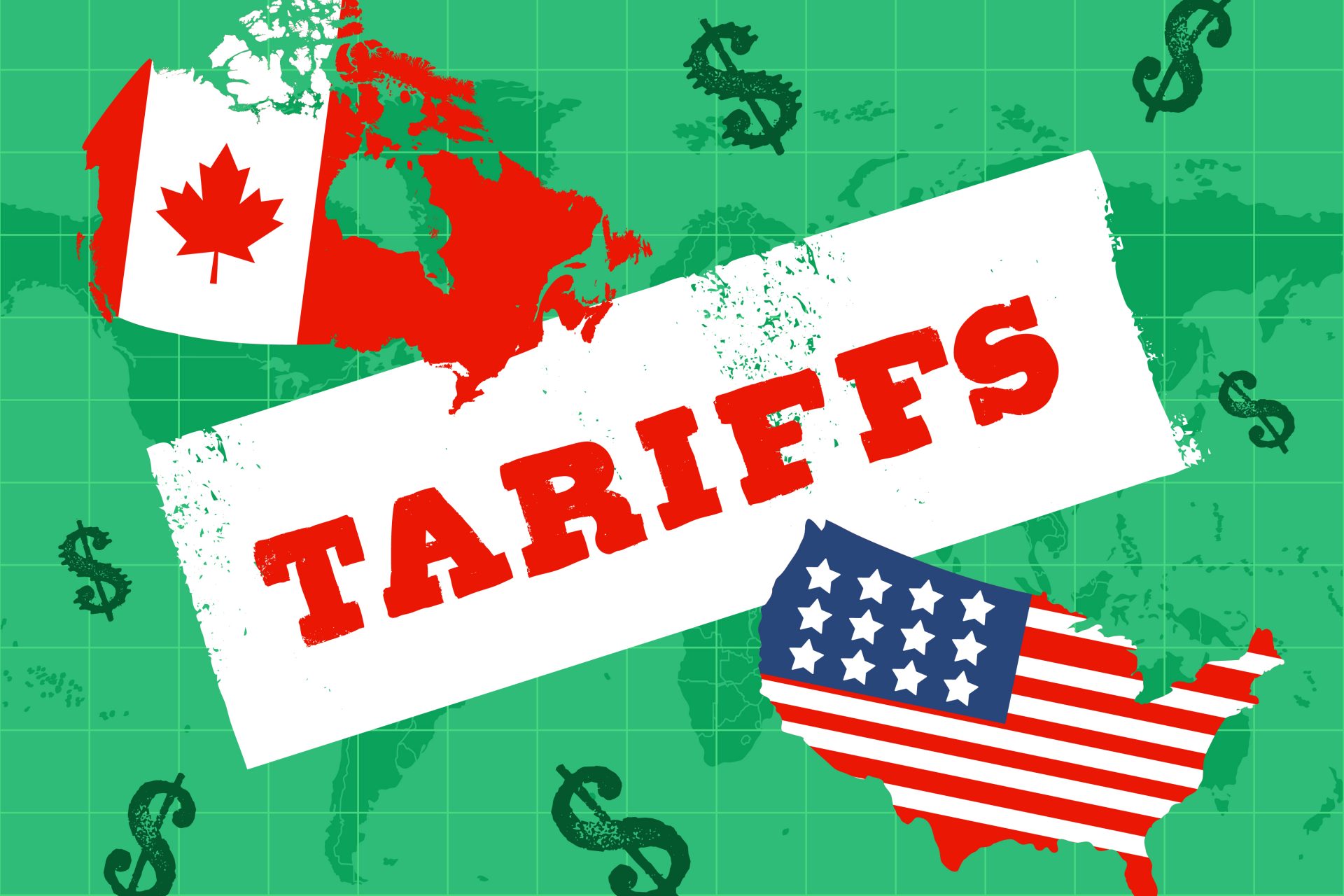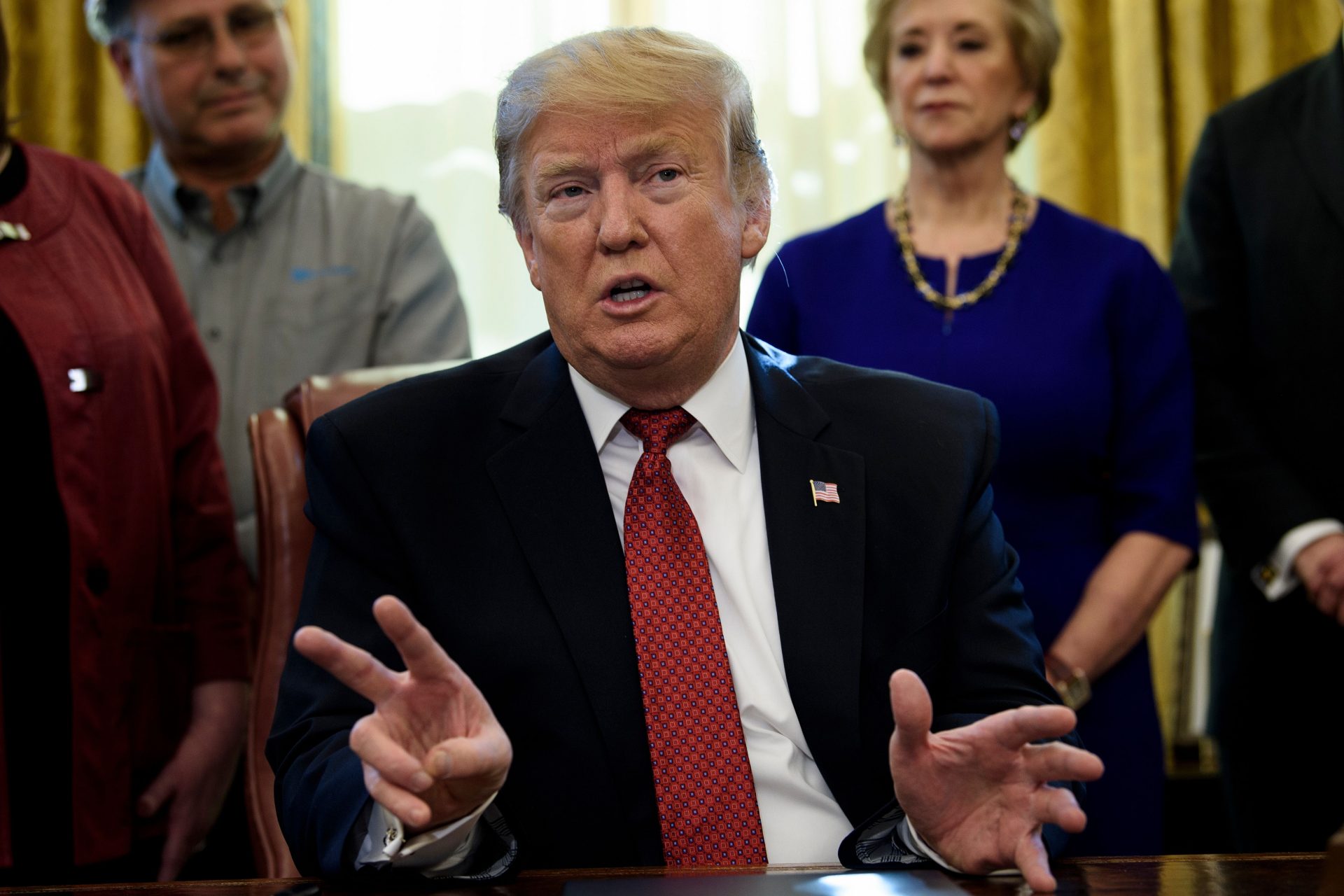Taiwan tech spreads wealth unimpeded by Trump’s allegations
Taiwan has become the golden goose of the global tech industry as demand for semiconductors spirals amidst the AI frenzy. According to the Financial Times, the country manufactures more than 90% of the world’s most advanced semiconductors.
Wages and bonuses are rising along with the Taiwanese tech giants’ profits, and employees in the sector are growing rich. Even those in lower ranking positions are receiving bonuses big enough to invest in real estate and other assets.
“There is a broadening wealth effect, and new groups and younger talent are benefiting,” Mark Duh, chair of the Fuh Hwa Investment Trust, told The Financial Times. Employees at both senior and middle level jobs in companies supplying AI materials received bonuses worth at least twice their annual salary in 2023.
In a country of almost 24 million, Taiwan boasted almost 790,000 millionaires in terms of US dollars last year, according to The Business Insider. This figure, predicts the Swiss banking giant, UBS, will jump 47% by 2028, making the country home to 1.16 million millionaires.
According to Forbes, the Taiwanese economy grew by 6.5% in the first quarter of this year due to an increase in exports linked to global demand for AI applications. The wealth of its 50 top billionaires is up by 12%, reports Focus Taiwan.
Although the Luxury Tribune states that the Taiwanese are not inclined to spend out on flashy cars, tending more towards the understatement, Ferrari sales in the country have doubled over the past four years while luxury goods sales in general climbed by 9% in 2023.
Early this week, Donald Trump attacked Taiwan’s success in an interview with Bloomberg, with remarks that caused shares in the world’s largest contract chipmaker, Taiwan’s TSMC, to tumble by 2.4%, and by 8% on the US market.
Bloomberg asked Trump if the US would defend Taiwan against any Chinese aggression if he gets into office in November – China views the island as one of its provinces and has not ruled out force to bring it under its control. Trump replied that Taiwan should be paying America to defend it.
Though the official policy is one of “strategic ambiguity,” according to The Guardian, President Joe Biden has indicated the US would rally to Taiwan’s defense in the event of military aggression. But during the Bloomberg interview Trump described the US as “being no different than an insurance company,” adding that Taiwan “doesn’t give us anything.”
As reported by The Guardian, the US, in fact, sells Taiwan billions of dollars’ worth of arms, sales that leapt under Trump’s last presidency. Taiwan buys almost all its weapons from the US, making it one of the biggest markets for US defense companies.
But Taiwan’s success in chips has rankled the Republican nominee who made the unsubstantiated claim during the Bloomberg interview that Taiwan had stolen “almost 100%” of America’s semiconductor industry, arguing that, in light of this, there were no guarantees the US would rush to its aid.
One of the main drivers of Taiwan’s tech boom, TSMC is a major Apple and Nvidia supplier and is spending billions on new plants abroad, including $65bn on three plants in the US state of Arizona, though it says most manufacturing will remain in Taiwan.
Just days after Trump’s controversial comments, TSMC announced year-on-year revenue in the second quarter of this year had risen 33% by $20.8 bn, according to Reuters, and predicted a further leap of $22.4 bn to $23.2 bn in the third quarter, causing share prices to bounce back by 3.3% in pre-trading markets.
“AI is so hot; right now everybody, all my customers, want to put AI functionality into their devices,” Reuters reports TSMC Chairman and CEO C.C. Wei telling analysts and reporters at an earnings conference.
Regarding the division of the spoils, while there might be a gush rather than trickle-down effect within the tech sector, it’s definitely a trickle beyond its hallowed frontiers. Salary hikes, though impressive in some non-tech sectors, are not enough to meet the prices in the housing market driven up by the big tech salaries.
“At least we see some change,” one cabinet official told The Financial Times, referring to the general standard of living. “The AI boom is our best hope that it can deepen.”
More for you
Top Stories



